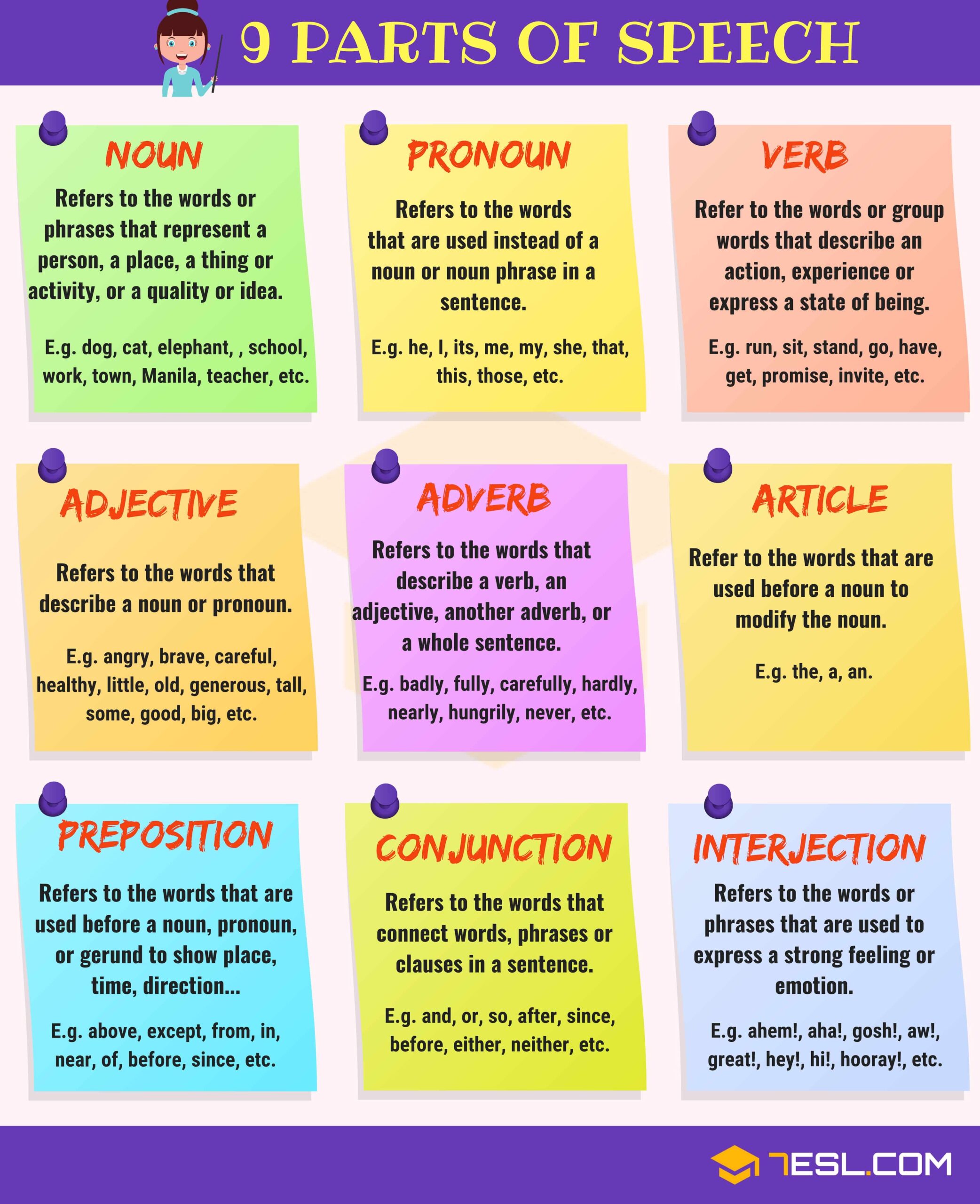Language is made up of various components that help us communicate effectively. One of the fundamental aspects of language is understanding the basic parts of speech. These parts of speech are essential building blocks that help us form sentences and convey meaning in both spoken and written communication.
By learning about the basic parts of speech, individuals can enhance their grammar skills, improve their writing, and become more proficient in expressing themselves. Whether you are a student, a professional, or simply someone who wants to strengthen their language abilities, having a solid understanding of the parts of speech is crucial.
Basic Parts of Speech
1. Nouns: Nouns are words that represent people, places, things, or ideas. They can be concrete (such as “table” or “car”) or abstract (such as “love” or “happiness”). Nouns can also be categorized as common nouns (e.g., “book”) or proper nouns (e.g., “John”).
2. Verbs: Verbs are action words that express an action, occurrence, or state of being. They are essential for forming sentences and conveying information about what is happening. Examples of verbs include “run,” “eat,” “sleep,” and “is.”
3. Adjectives: Adjectives are words that describe or modify nouns. They provide additional information about the noun they are referring to, such as its size, color, or characteristics. Examples of adjectives include “red,” “tall,” “beautiful,” and “smart.”
4. Adverbs: Adverbs are words that modify verbs, adjectives, or other adverbs. They provide information about how, when, where, or to what extent an action is performed. Examples of adverbs include “quickly,” “happily,” “very,” and “often.”
5. Pronouns: Pronouns are words that are used in place of nouns to avoid repetition. They help make sentences more concise and less repetitive. Examples of pronouns include “he,” “she,” “it,” “they,” and “we.”
Understanding the basic parts of speech is essential for anyone looking to improve their language skills. By mastering these fundamental components, individuals can enhance their communication abilities, write more effectively, and express themselves with clarity and precision.
